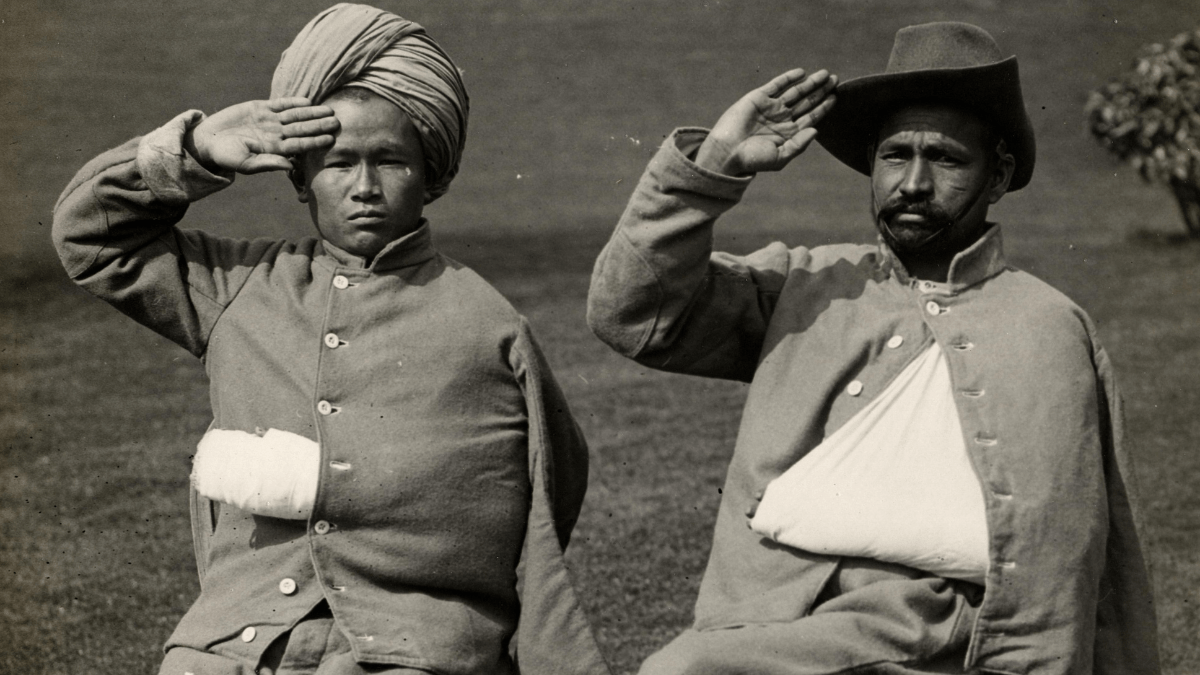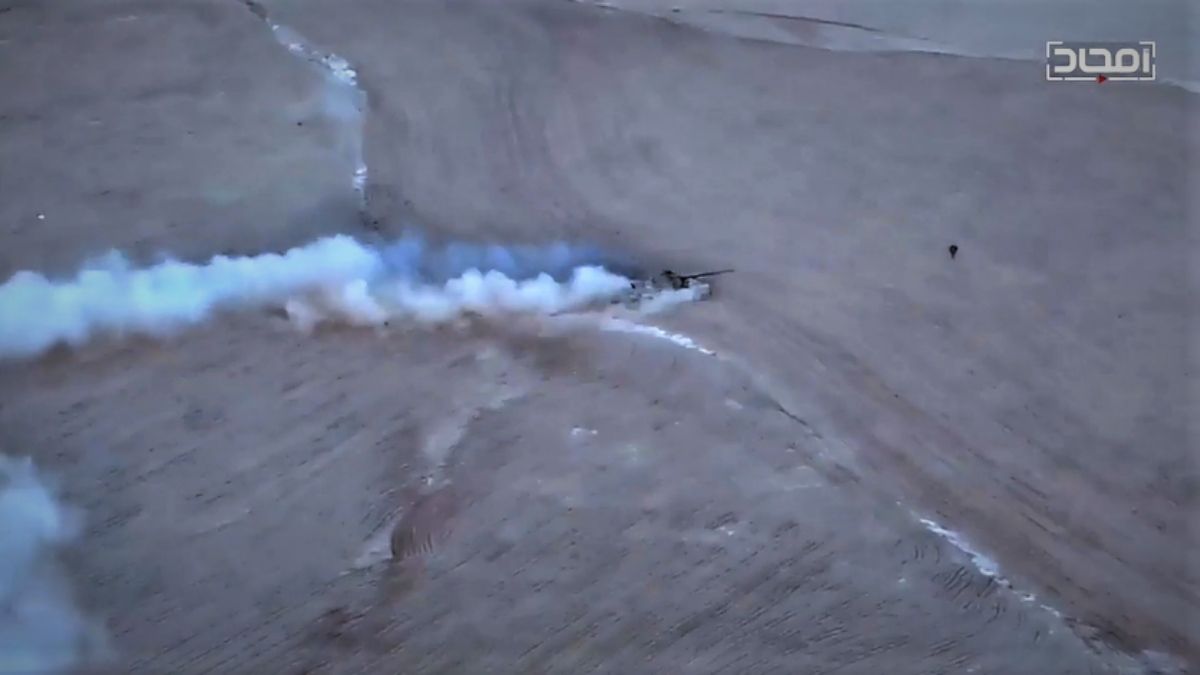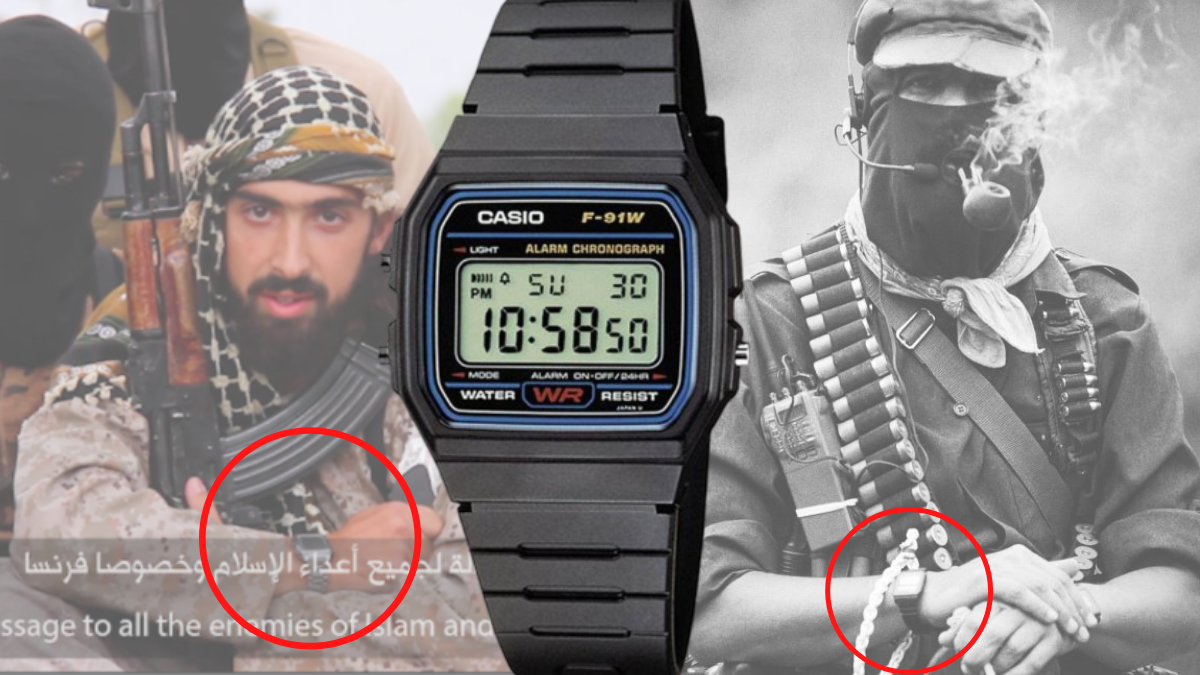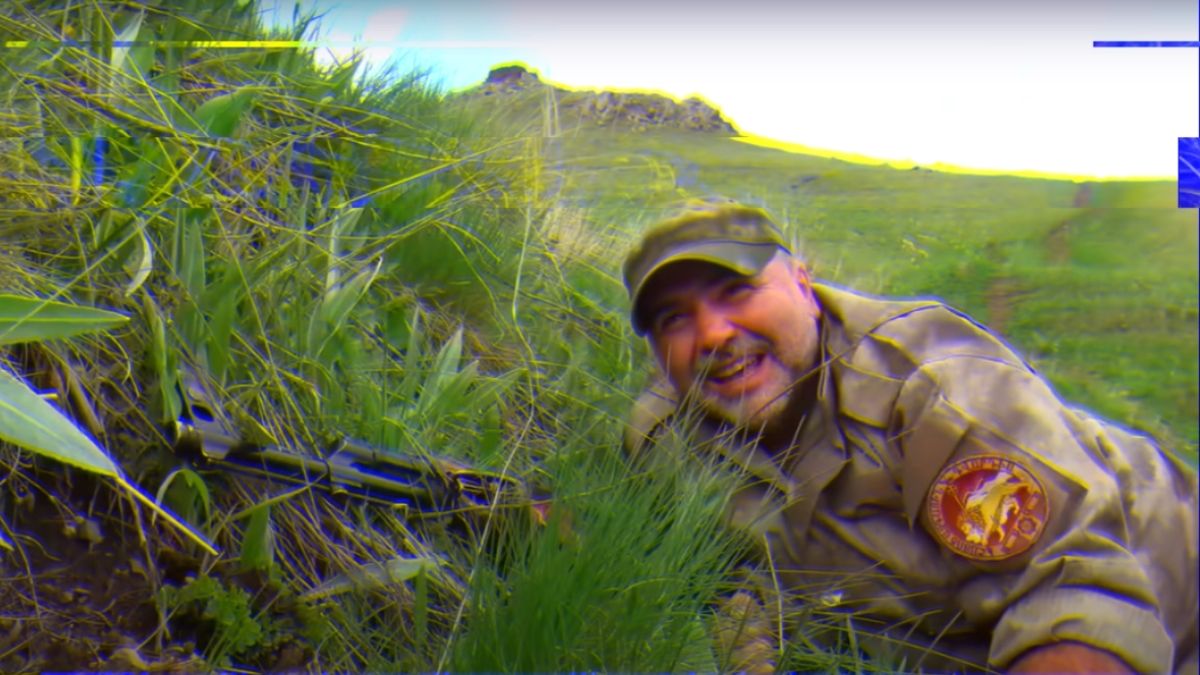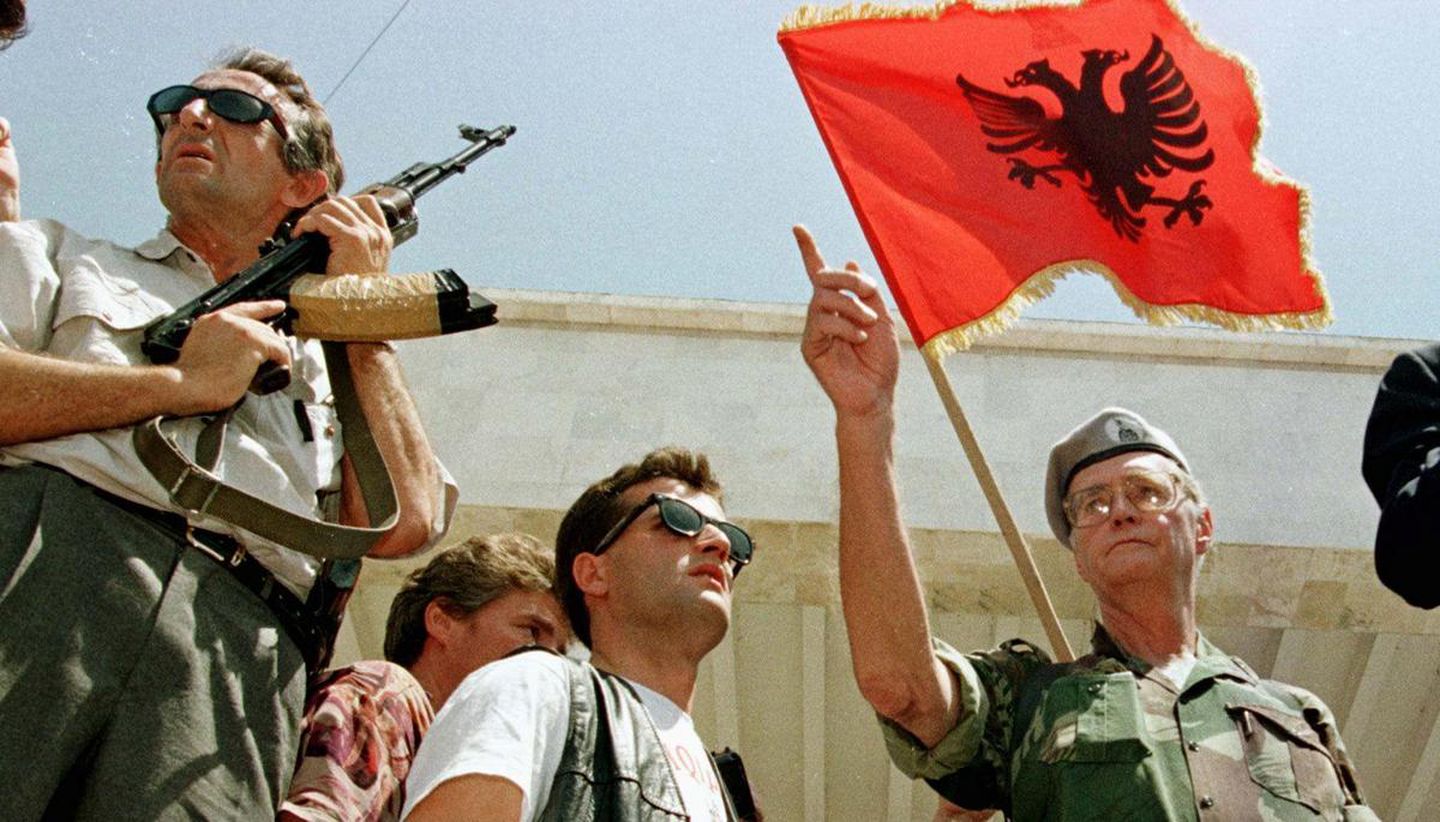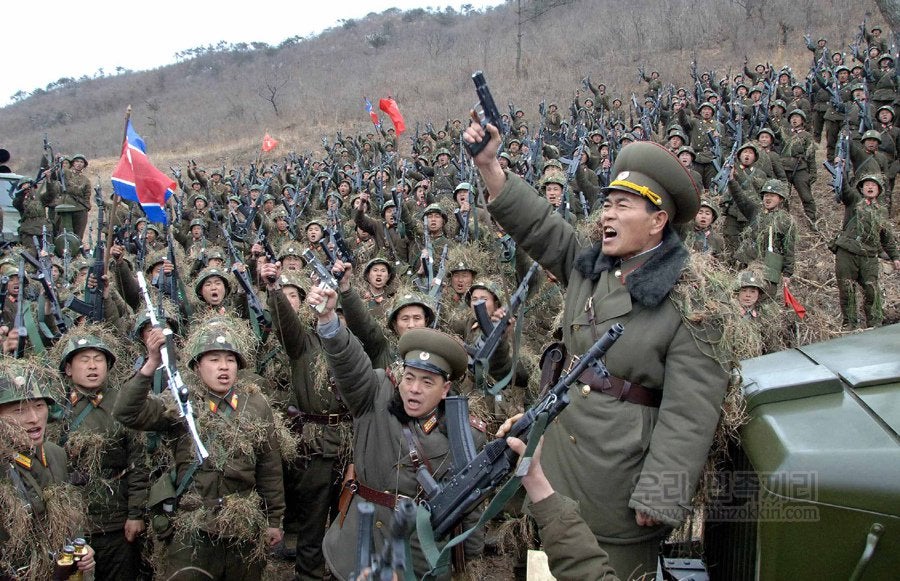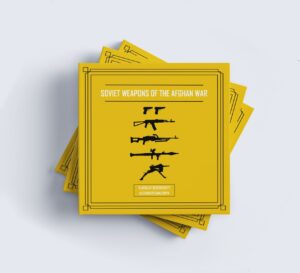The cinema and the media, in general, are without question one of the most powerful forces in the modern world today. It can change our perspective, motivate people toward a cause, or inspire.
With war films, they have the very real potential to educate and influence audiences on a particular military effort, foreign policy endeavour, or historical event, in some cases for better or worse.
“This is one reason why the film is so powerful, in that it shows the world’s most notorious war criminal and the literal personification of all evil as an everyday person.”
In this list, I will cover the top 10 war movies set in the pre-1945 era. This is a two-part list, with a second list focusing on war movies set in post-1945.
Article Contents
101917 (2019)
While a more recent film, and something of a more artistic film than most other mentions on this list, this in no way degrades the quality, enjoyment, or commentary of the film.
Set in, predictably, 1917 in the trenches of World War One, two British soldiers must traverse enemy lines to deliver a message to a nearby battalion ordering them to halt an attack upon a fortified German position.
Filmed by way of a continuous, unbroken take, the shot displays war in its full brutality and fast-paced activity while commentating on the leadership of the war through Benedict Cumberbatch’s monologue near the end of the film.
Complete with great cinematography, a pounding soundtrack, and top-notch acting, the film is a true joy to behold with an intense narrative.
This film also does something that most other World War I epics don’t which shows the varied cultures and nationalities involved in the British fight, with characters from India and other African nations appearing.
Nearly 200,000 Africans and over a million Gurkhas under British colonial control served in the Armed Forces during the First World War.
All too often, these stories of minorities in warfare go unheard and showing their stories is incredibly beneficial to understanding warfare and society as a whole.
9The Sand Pebbles (1966)
A film most younger generations may not have heard of or seen, this film is an exceptional watch.
Directed by Robert Wise and starring Steve McQueen, Candice Bergen, Richard Crenna, and Richard Attenborough, this powerhouse of a cast portrays U.S.-Chinese relations in the days prior to and after the 1927 Nanking Incident, focusing on a Naval patrol boat and a rebellious Machinist Mate in the form of McQueen.
The film has some great action sequences and, though focusing on China and the United States, also provides a stellar commentary on the then-growing situation in Vietnam.
The film portrays the racism and antipathy dealt against Asian peoples by Americans, displaying them as seeing the Chinese helpers as being next to expendable (akin to how the United States viewed the South Vietnamese in combat).Â
The film also is something of a countercultural, anti-establishment narrative, being representative of the changing 1960s and the distrust of persons in a higher power.
Through McQueen’s Petty Officer Holman and his collisions with Lieutenant Collins, the film speaks to the younger generation of the 1960s while also commenting on the establishment’s inability to see the truth of a situation.
8The Last of the Mohicans (1993)
Being a huge fan of Michael Mann, it would be unconscionable for me to not include this on a list. Set during the French and Indian War, this drama is as much a romance.
While travelling to Kentucky from New York, Mohican Indians Chingachgook and Uncas alongside adopted son Nathaniel Poe come across two sisters travelling to meet their father, Colonel Munro, at a besieged colonial fort.
The film displays the budding romance between Uncas and Nathaniel and Alice and Cora respectively.
With great performances by Daniel Day-Lewis, Russell Means, Madeline Stowe, Wes Studi, and Jodhi May, (among many others) the film focuses first on a historical event not often explored much in film or media.Â
With great writing, unexpected brutality, and skilful mastery of the camera to weave a beautiful narrative, Last of the Mohicans is truly a tale that is deserved of being placed on any list of military combat.
7Dunkirk (2017)
While a more recent film, this one explores the evacuation of the French town of Dunkirk in 1940, during which some 400,000 Allied soldiers were trapped on the beaches of France, besieged by Nazi German soldiers.
The film, as per the standard directorship of Christopher Nolan, is filmed in a non-linear format, telling the story of the battle and evacuation of Dunkirk from the air, land and sea.Â
With great casting choices from Kenneth Branagh to James D’Arcy to Mark Rylance, the film’s use of sound is jolting and jarring, far more than any other war film.
“All too often, these stories of minorities in warfare go unheard and showing their stories is incredibly beneficial to understanding warfare and society as a whole.”
The narrative style is interesting and also inviting as every Nolan film is. The film, in spite of being short on action, is incredibly intense and pulse-pounding.
On a personal note, this film-watching experience has been one of the most exciting and stress-inducing I’ve ever had.
Hearing the German Stukas strike chilled my body and only at the end when Tom Hardy’s pilot character’s plane wheels touched down on the sand did my body finally relax.
No other film has awakened that kind of emotion or response in me which is partly why I have included it on this list.
6Mulan (1998)
While some may criticize this film’s inclusion on the list, it is actually a great portrayal of ancient warfare during the Han dynasty.
With the invasion of the Huns coming from the North, the Han Emperor orders all males to serve in the military to defend their nation; with her father surely going to be sent to her death, a young woman and the only child of her family disguises herself as a male to fight for her family, her country, and bring honour.
Quickly, however, she discovers that warfare is pure terror while risking her own secret coming out.
Told from a female perspective, the film portrays the detriment to which warfare and military operations can destabilize family life in any nation.
Furthermore, it comments strongly on items of race and gender in warfare, how honour and truly patriotic sentiments are key motivating factors for any soldier, in addition to the dangers of limiting a fighting force to solely one gender.Â
With a star-studded cast ranging from Ming-Na Wen, BD Wong, and Miguel Ferrer to the singing cast with the always engrossing Lea Salonga, this film is a must-watch.
5Downfall (2004)
The only completely foreign language entry on this list, Downfall is an exceptional film. Depicting the final days of the Third Reich, the film is a poetic, depressing, and amazing portrayal of the downfall of a nation-state.
Upon the film’s release, some groups criticized the film for Hitler’s humanization, yet it is important to note that many of the most vehement racists, war criminals, or killers, in general, are still human, complete with the same human emotions all persons have.
Depicting Hitler as a full and complete monster is a dangerous precedent, which can lead to the belief that only monsters can commit such crimes.
In reality, humans with monstrous and abhorrent tendencies based on lived experiences and base on human emotions are those who commit these terrible crimes.
This is one reason why the film is so powerful, in that it shows the world’s most notorious war criminal and the literal personification of all evil as an everyday person.Â
With a stunning and historically accurate performance by Bruno Ganz as the Führer, this slow-burner of a film is a fantastic representation of the insanity at the ending days of Nazi Germany and the end of the European front of the Second World War.
4Glory (1989)
One of the best Civil War films ever made, the film follows the all-Black regiment of the United States Army’s 54th Massachusetts Infantry Regiment.
A true story showing how Col. Robert Gould Shaw, the son of Northern abolitionists, accepted command of the first all-Black regiment of the United States Army, simultaneously fighting the Confederacy while also battling discrimination within their own ranks.
While the film has been criticized, in most cases rightly, for being a white-saviour narrative, the film displays the courage and gallantry of Black fighters in combat, especially during a conflict in which many Blacks fought for their freedom and to preserve the United States of America.
With an always enjoyable performance by both Denzel Washington and Morgan Freeman, combined with wonderfully engaging cinematography, this film is absolutely deserved on this list.
The only real criticisms that can be levied are the lack of inclusion of Black points of view or the exploration of how they, the actual Black soldiers, faced discrimination and combat for a nation they knew would still not accept them due to the colour of their skin.
3Letters from Iwo Jima (2006)
Filmed from a different perspective, one not often shown in World War II films, this Clint Eastwood companion to 2006’s Flags of Our Fathers is a great comparison.
While Flags of Our Fathers explores the U.S. Marine Corps’ fight to claim Iwo Jima and the raising of the American flag on Mount Suribachi, Letters of Iwo Jima shows the Japanese perspective of the conflict, the entrenching of Japanese forces, and the eventual claiming of the island outpost.
While both films are depressing and showcase the slowness and demoralizing nature of warfare, this film is arguably more depressing as the Japanese are the losers in this conflict and their actions are marked by a desire to return home, charges against the Americans which are essentially suicide by combat, and mass suicides with grenades, rifles, and swords.
With an expert performance by Ken Watanabe as General Tadamichi Kuribayashi alongside others as the officers and junior enlisted, the film captures the depressing side of warfare and the side of enemy forces being defeated, something not often seen in films as many focus on the American conflicts and desire to do so in a patriotic, upbeat tone.
Furthermore, most films showcase conflicts focusing on white males, often the colonizing force throughout history.
This film is rare in that it is an American production, directed, written, and produced by whites, yet has a virtually all-Asian cast, is predominantly in the Japanese language, and focuses on a Japanese story.
At a time when proper representation in media was far less considered than it is today, this warrants the film’s inclusion on any top 10 list.
2The Thin Red Line (1998)
While hundreds of films have been made about the Second World War or featured the war as a backdrop since the massive geopolitical conflict began, some stand out from others.
Certainly, 1998 was a fantastic year for WWII films, with Steven Spielberg’s Saving Private Ryan being one of the greatest war films of all time, yet Terrence Malik’s The Thin Red Line is an equally impressive, if more underrated film.
The film fictionalizes a specific battle from the Guadalcanal campaign from 1942 to 1943, in particular showing the Battle of Mount Austen.
Told through the eyes of junior enlisted, senior NCOs, and officers alike of C Company, 1st Battalion, 27th Infantry Regiment, 25th Infantry Division, the film clearly shows the effect of war upon humans, but also upon the environment, something most other films never completely show.
The film is rather quiet for the most part, covered through narration from the ensemble cast members Sean Penn, Nick Nolte, Ben Chaplin, and Dash Mihok.
Yet the battle scenes are intense and graphic, displaying the brutal realities of war and the ethical decisions that occur in combat.
While some audiences may become disinterested in the film due to its reliance on internal monologues and narration or the film’s lull in action sequences in the second half, this film is an exceptional piece of war media and one of the greatest and most impressive depictions of World War II warfare, especially in the Asia-Pacific campaign.
1A Bridge Too Far (1977)
In my own view, this is perhaps the best film focusing on the pre-1945 era. The film focuses on Operation Market Garden, the 1944 joint operation between the United Kingdom and the United States intended to seize strategic bridges in the Netherlands and eventually claim Nazi German oil fields and halt the war faster.
The operation was an abject failure, arguably one of the worst during the war, and dealt considerable damage to the 1st Airborne Brigade of the British Army.
Directed by Richard Attenborough (who acted in 1966’s The Sand Pebbles), the film stars an amazing cast of American and British actors including greats like Sean Connery, Michael Caine, Dirk Bogarde, Anthony Hopkins, Ryan O’Neal, James Caan, Gene Hackman, Robert Redford, and the legendary Laurence Olivier.
Every performance in this film is magnificent and every actor gives their all. The sheer magnitude of how exceptional this film is is astounding; the score is rousing, the cinematography is inventive and makes the viewer feel a part of the combat, and the narrative is incredibly well crafted.
While the film (rightfully) does receive some criticism for making Dirk Bogarde’s character, Lieutenant-General Frederick Browning, out to be the main villain as opposed to Field Marshal Bernard Montgomery, the film’s commentary on the operation’s outcome is clear.
The work, like many others on this list, is quite anti-war and makes that case. The film accurately depicts Market Garden as a costly failure, resulting in many men becoming captured by Nazi Germany as POWs or killed in action.
A Bridge Too Far, given the performances, score, and cinematography, clearly deserves a spot on any top 10 list for war films and, in this case, is clearly a top contender.
In Summary, War Movies Play a Unique Role in Understanding Eras of Conflict
To sum up, this list was naturally rather personalized, these being my own choices on which films are the most culturally significant, impressive, or otherwise important in discussing the eras these films focus on.
Further Reading By National Security Correspondent Alan Cunningham
- Textbook Strategy: Relevancy of the Clausewitzian Trinity
- Goldwater-Nichols: The Importance of Civilian Oversight in U.S. Intelligence Community Operations
- The Machiavellian Island: The Cuban Intelligence Service and Armed Forces as a Realist School of Thought
Stay tuned for the second part of this guide where I plan to list the top 10 war movies set in the post-1945 era!


